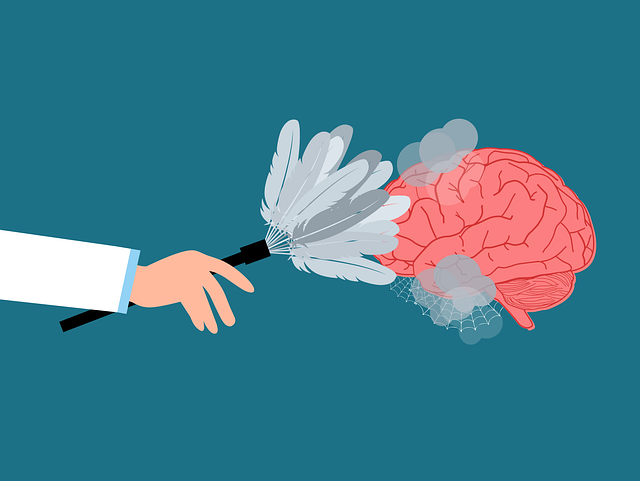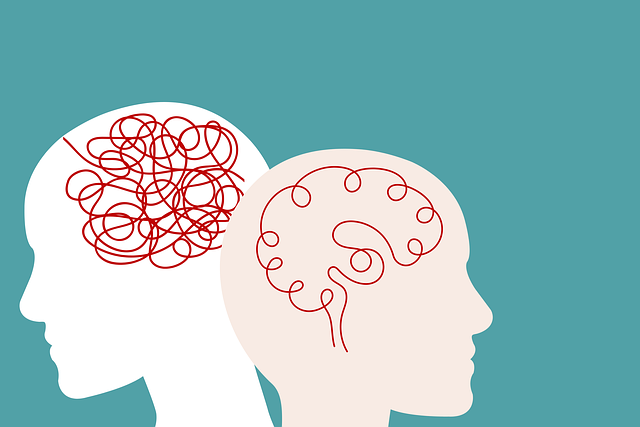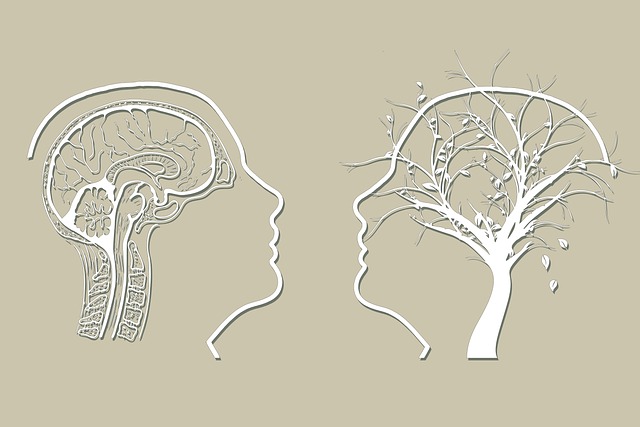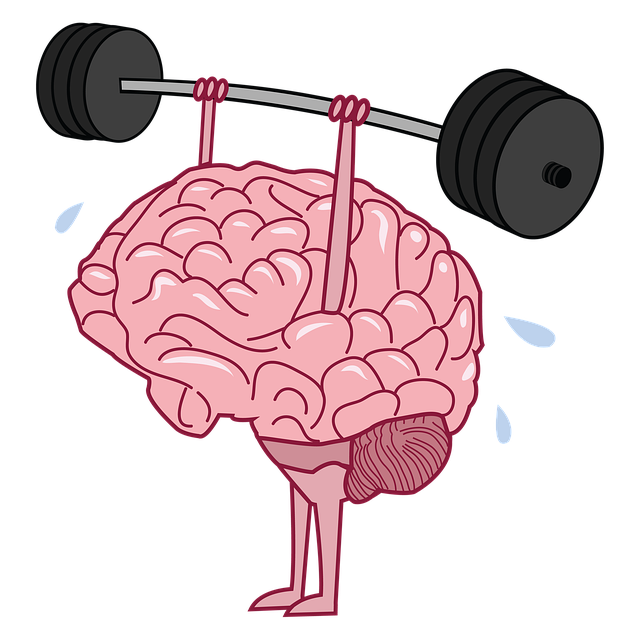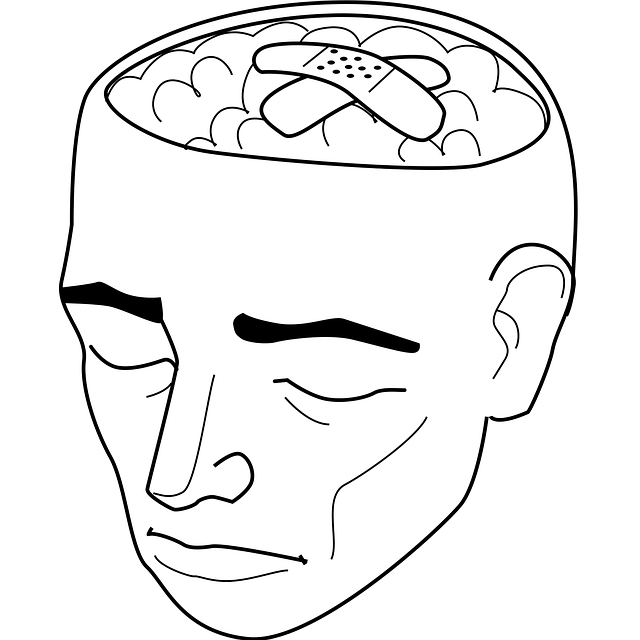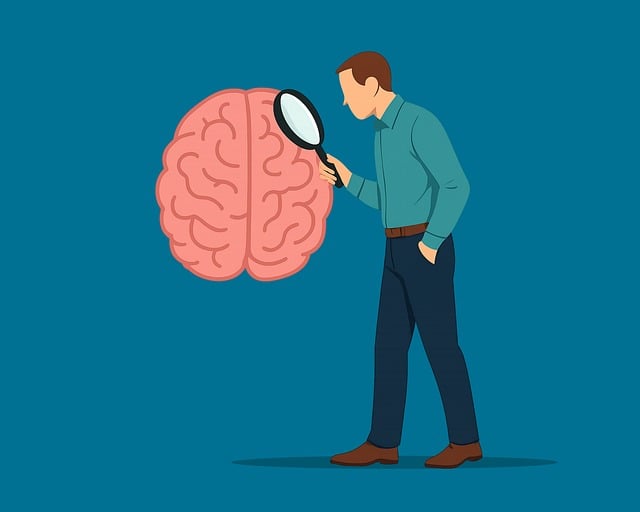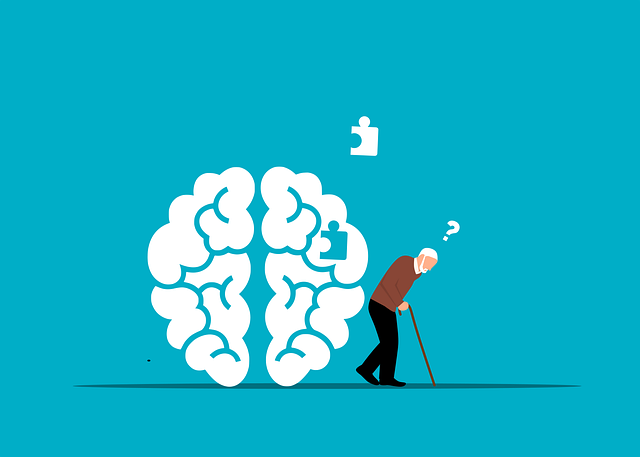Mental health advocacy is a powerful driver of positive change in society, improving access to care and shaping attitudes towards conditions like Lafayette Chronic Pain. By championing rights, fostering collaboration, and integrating specialized therapies, this sector ensures proper support for individuals facing mental health challenges. Lafayette Chronic Pain Therapy, a community-driven initiative, exemplifies this through evidence-based strategies, including Mental Wellness Journaling Exercises, that holistically address chronic pain, stress, and anxiety. The program connects community members, breaks down barriers, and empowers participants to navigate their challenges with resilience and hope. Effective advocacy requires public education, open dialogues, and evaluation methods that measure individual, community, and societal well-being outcomes, like those seen in successful programs like Lafayette Chronic Pain Therapy.
Mental health advocacy initiatives play a pivotal role in fostering inclusive communities and improving access to care. This article explores various facets of advocacy, from understanding its essence in society to delving into specific programs like Lafayette Chronic Pain Therapy, which serves as a case study in community engagement. We discuss effective strategies, address barriers, and propose methods for evaluating the impact of mental health advocacy initiatives. By examining these aspects, we aim to illuminate paths towards more robust support systems.
- Understanding Mental Health Advocacy: The Role in Society
- Lafayette Chronic Pain Therapy: A Case Study in Community Engagement
- Strategies for Effective Mental Health Advocacy Initiatives
- Overcoming Barriers: Challenges and Solutions in Advocacy
- Measuring Impact: Evaluating the Success of Mental Health Advocacy Programs
Understanding Mental Health Advocacy: The Role in Society

Mental health advocacy plays a pivotal role in shaping society’s perception and understanding of psychological well-being. It involves championing for the rights, needs, and dignity of individuals dealing with mental health challenges, ensuring they receive appropriate support and care. Advocacy initiatives work to dispel stigma, promote early intervention, and improve access to quality mental healthcare services.
In today’s world, where chronic conditions like Lafayette Chronic Pain require specialized therapy, advocacy ensures that such treatments are not only accessible but also integrated into the broader healthcare system. This includes pushing for policies that facilitate collaboration between medical professionals, mental health advocates, and patients. Moreover, training healthcare providers on cultural competency enhances care, especially when addressing diverse communities’ unique mental wellness needs, as highlighted by the Risk Assessment for Mental Health Professionals.
Lafayette Chronic Pain Therapy: A Case Study in Community Engagement

Lafayette Chronic Pain Therapy stands as a shining example of successful community engagement in mental health advocacy. This initiative focuses on providing support and guidance to individuals suffering from chronic pain, integrating practices like Mental Wellness Journaling Exercise and fostering positive thinking to improve mood management. By creating a safe and supportive space, the program empowers participants to navigate their challenges with resilience and hope.
Through regular sessions led by trained professionals, Lafayette Chronic Pain Therapy offers evidence-based strategies for coping with pain, stress, and anxiety. This holistic approach not only addresses physical symptoms but also prioritizes mental wellness. The program’s success lies in its ability to connect community members, break down barriers, and encourage open conversations about mental health—all crucial aspects of fostering a healthier, more supportive environment for all.
Strategies for Effective Mental Health Advocacy Initiatives

Mental health advocacy initiatives require a multi-faceted approach to be truly effective. Firstly, Lafayette Chronic Pain Therapy centers can play a pivotal role by integrating public education and awareness campaigns into their services. Educating both the community and those seeking treatment about mental health is essential; it helps reduce stigma and encourages individuals to seek help without fear of judgment. Secondly, implementing Risk Assessment for Mental Health Professionals ensures that advocates are equipped to handle complex cases with precision.
In addition, fostering coping skills development through Mental Wellness Journaling Exercise Guidance can empower individuals to take control of their mental health. Regular journaling allows people to track their emotions, identify triggers, and develop healthier coping mechanisms. These initiatives not only enhance self-awareness but also provide valuable data that can be used to refine advocacy strategies over time.
Overcoming Barriers: Challenges and Solutions in Advocacy

Advocacy for mental health is a complex endeavor filled with unique challenges that require innovative solutions. One significant barrier is the stigma surrounding mental illness, which often discourages individuals from seeking help. Overcoming this requires persistent public education and open dialogues, emphasizing that mental health issues are as legitimate as physical ones. Mental Wellness Coaching Programs Development can play a pivotal role here by offering support and guidance to those struggling, helping them navigate resources effectively.
Additionally, ensuring access to affordable and quality care is crucial, especially for underserved communities. Initiatives like Lafayette Chronic Pain Therapy focus on providing specialized treatments tailored to individual needs. By combining therapy with Stress Reduction Methods, these programs offer comprehensive solutions. Such efforts aim to break down barriers by making mental health services more accessible, ultimately fostering a culture of open conversation and support for better mental wellness.
Measuring Impact: Evaluating the Success of Mental Health Advocacy Programs

Evaluating the success of mental health advocacy programs is a crucial step in understanding their impact and identifying areas for improvement. This process involves assessing various outcomes related to the well-being of individuals, communities, and society at large. Measuring impact can be multifaceted, incorporating both quantitative and qualitative methods. For instance, tracking changes in survey responses about mental health perceptions, reducing stigma, and increased help-seeking behaviors among participants demonstrates a program’s effectiveness.
In the context of Lafayette Chronic Pain Therapy and similar initiatives focused on coping skills development, resilience building, and mental health education programs design, success metrics might include improvements in pain management, enhanced coping strategies, and better overall mental well-being. By employing these evaluation methods, advocacy groups can gain valuable insights into what works best, allowing them to adapt their approaches and maximize positive outcomes for those they support.
Mental health advocacy initiatives, as exemplified by Lafayette Chronic Pain Therapy, play a pivotal role in fostering community engagement and enhancing access to support. By implementing effective strategies and overcoming barriers, these programs can significantly improve mental well-being outcomes. Measuring their impact is crucial for evaluating success and refining approaches, ensuring that resources are allocated where they’re most needed. Through continued advocacy and innovation, we can create a more inclusive and supportive society for those facing mental health challenges.

